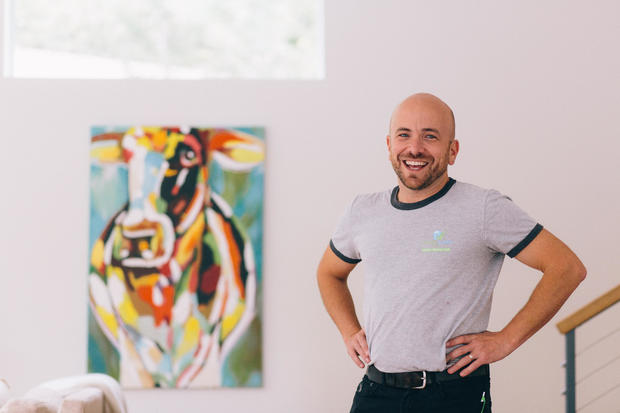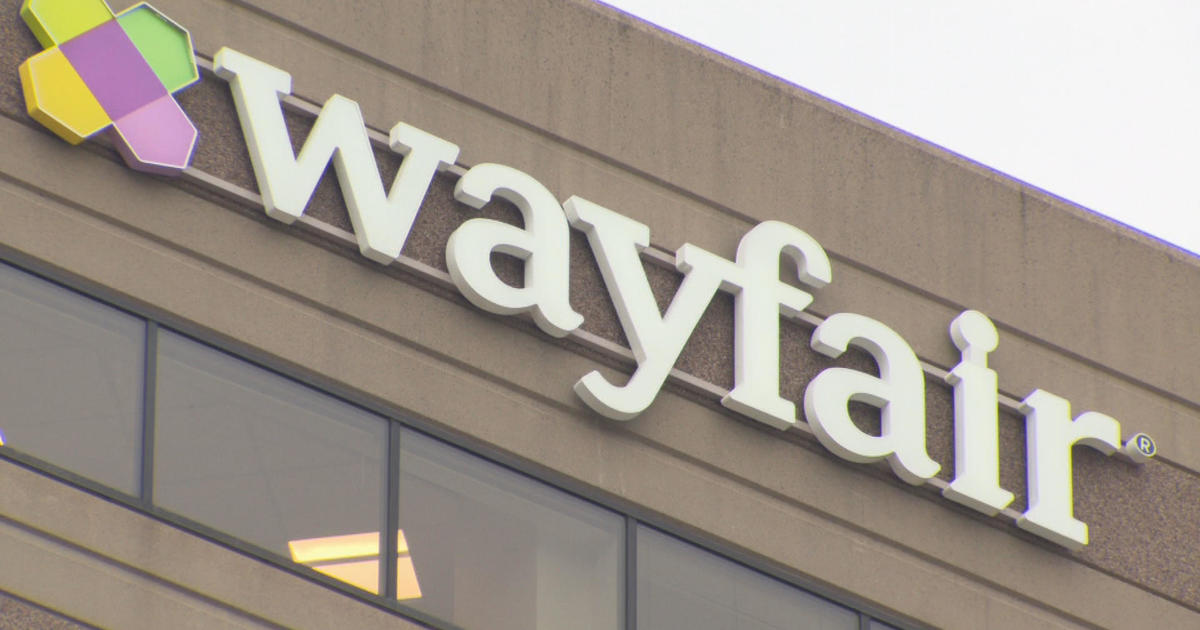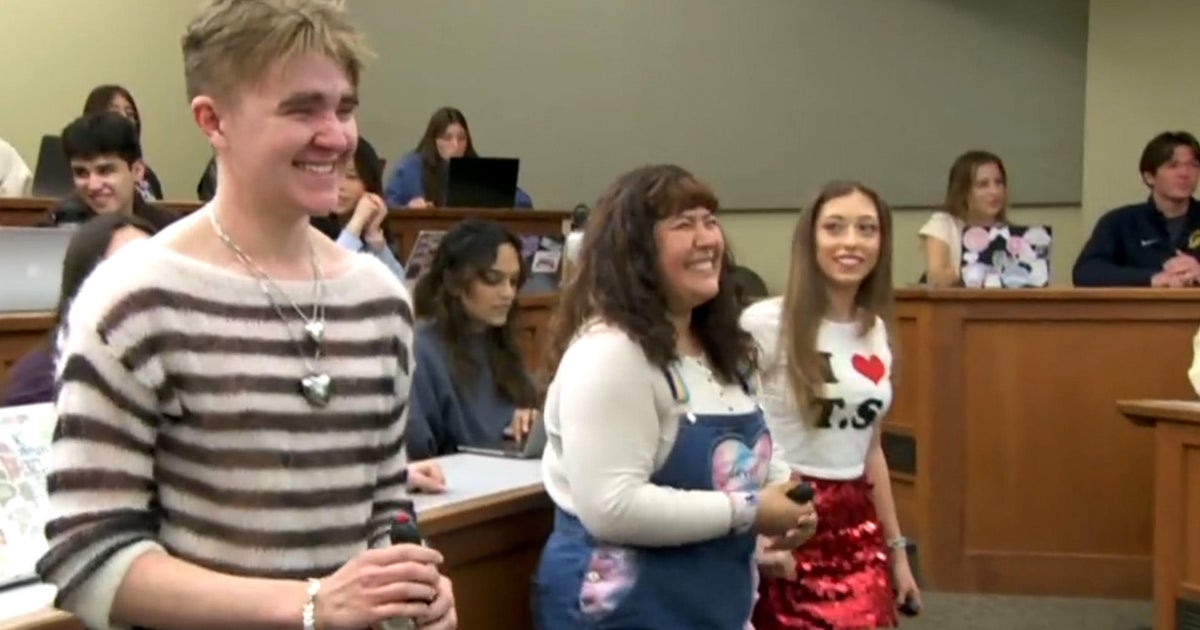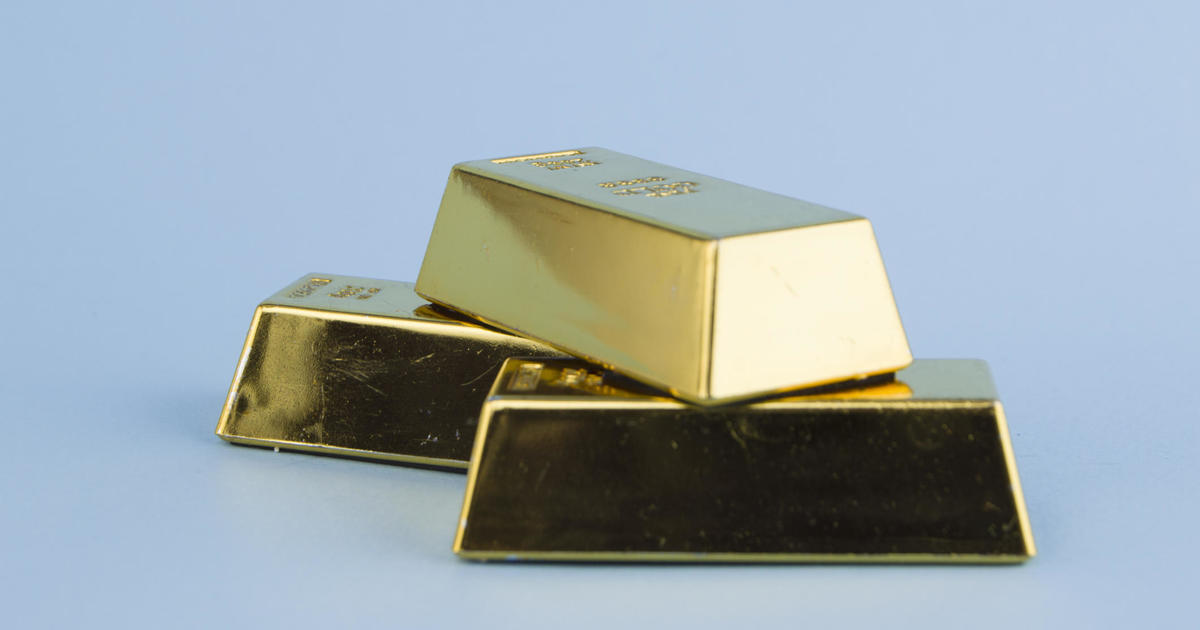PPP loan recipient says business is more profitable than before COVID-19
Joe Walsh, the founder and owner of eco-friendly cleaning service Green Clean Maine, completely shut down his Portland-based business in March as a result of the pandemic. Laying off 34 of 35 employees was "the hardest decision I've ever had to make as a business owner," he said, but in his view, it wasn't worth risking his employees' and clients' lives just to clean a few more bathrooms. He's since reopened, thanks in part to help from a federal Paycheck Protection Program loan. Walsh, 42, has restructured his business to be more efficient, and six months after reopening he's paying his workers more, while the business is also more profitable. This interview has been edited for length and clarity.
CBS MoneyWatch: You laid off all but one of your 35 employees when you fully shut down your business and stopped cleaning homes in March. Where do things stand today?
Joe Walsh: We reopened the business after six-and-a-half weeks and we initially brought back half of the staff because about half of our customers were ready to come back. Now we've brought back about two-thirds of our pre-COVID staff. I'm actually trying to hire more people. The thing that is concerning us now is we can't get staff. There is actually demand there, but I can't get the people.
So you're hiring?
Of the original 34 I laid off about 16 came back, and then I hired five new people. But I probably have enough work for five or six more people.
Why do you think there's a shortage of applicants?
I think part of it has been the additional $600 in unemployment benefits that made it so people were making more money not working than if they came back to work. Employees said, "You can offer me a job but I am not coming back because I'm making more on unemployment and I don't feel safe."
Also, some people moved back to their home state or town because they changed their life situation while we were closed, so we lost some employees that way.
Jobs we would previously get 30 applicants for, we're getting two or three. There is about 10% of the applicant activity there was before the pandemic.
In March you told us you were hesitant about accepting a Paycheck Protection Program loan and being saddled with debt. You were also skeptical about the loan's usefulness. Has it helped you rebuild you business?
At first, it felt misguided because it didn't make sense for us to hire back our employees when we were not open. I was told it was aid for the employees, not businesses. So I pointed out to our senators the ways in which its usefulness was limited for many.
The Small Business Administration made the changes we advocated for, which was hugely helpful to us.
What were the changes made to the PPP that helped you?
Extending the period during which you could count payroll costs from eight weeks to 24 weeks was hugely helpful. It gave us a runway to get ramped up and gave me more security knowing that a good chunk of the loan would be forgiven and I wouldn't be saddled with hundreds of thousands of dollars of debt.
They also made an exemption that if an employee refused an offer of work they didn't count against our employee headcount. I used a good chunk of the PPP money to pay my front-line staff a differential so they were making more at work than they would have staying on unemployment.
How are you doing profit-wise now, operating at two-thirds capacity? You have said the pandemic helped you make the business more efficient — how so?
Pre-COVID we had about 350 clients. Now we are somewhere around 225. The only thing that's different is people want to know what precautions we are taking and that we are disinfecting high-touch surfaces. But people feel comfortable having cleaners in their homes.
We are doing approximately two-thirds the amount of business we were doing. But the pandemic gave me the opportunity to restructure the business in ways that are making it more efficient and therefore more profitable.
For example, we used to send cleaners out in teams of two or three and now we have switched to one person at a time, because of social distancing, and it's more efficient. Teams of two or three can clean four homes in a day but they are driving twice as much. We're not billing customers for driving time so you are cutting unproductive time in half and that's a big advantage.
We've also implemented automations with software that have allowed me to eliminate one of four administrative positions. So 25% of my administrative overhead went away.
We've only got two months under our belt under the "new normal" but they have been promising. There's a chance we could end up netting the same amount of profit from just two-thirds of the revenue we were doing before the change.
What else have you learned from the pandemic?
I think if businesses are going to survive in this environment you have to innovate so you can adapt. I've learned a huge lesson, which is that I need to make sure I am really strong on the profit line because you never know what's going to happen.
In essence, there's a silver lining here which is my business is a lot more profitable than it was before the pandemic. We were forced to make changes and think about how we get work done and structure things.





